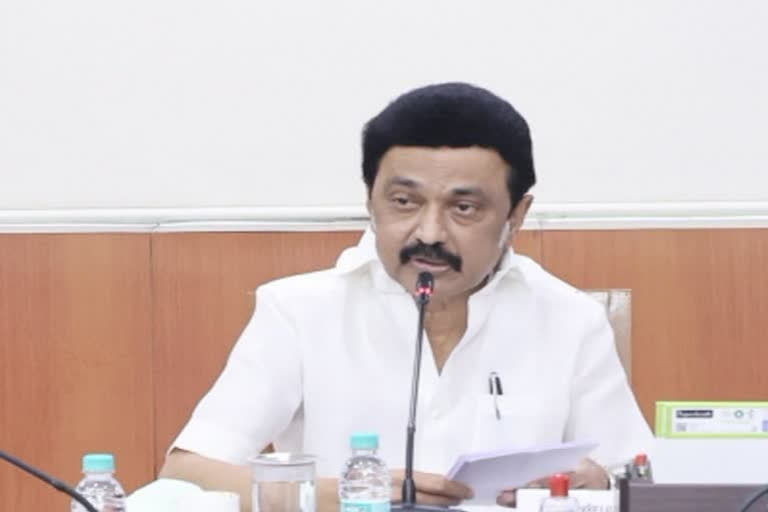Chennai: The Tamil Nadu government on July 27 issued an Order to implement the first phase of the ‘Chief Minister’s Breakfast Scheme’ at 1,545 government primary schools to benefit more than 1.14 lakh children in Classes I-V across the State during 2022-23, at a total cost of ₹33.56 crores.
Under the scheme, breakfast would be provided to students up to Class V in these government schools on “all working days,” a G.O. issued by Chief Secretary V. Irai Anbu said. As much as possible, breakfast prepared with millets available in the region could be provided to students at least two days every week.
Every student is to be provided a cooked meal of 150-500 gram breakfast with sambar with vegetables. The G.O. followed an announcement made by Chief Minister M. K. Stalin on the floor of the Assembly on May 7 this year that a breakfast scheme would be rolled out in government schools to encourage them and ensure their nutrition.
Also read:Stalin warns against harassing girl students
Recalling the evolution of the scheme in the State over the past 100 years, the G.O. mentioned that it was then president of Madras Municipal Corporation Sir Pitti Thyagaraya, who introduced the breakfast scheme in the Thousand Lights area based on a resolution adopted on September 16, 1920. The scheme was later expanded to benefit more than 1,600 pupils.
In 1957, then Chief Minister of then Madras State (renamed Tamil Nadu in 1967) K. Kamaraj introduced the mid-day meals scheme. In 1982, then Chief Minister M. G. Ramachandran announced a scheme for ensuring nutritious meals to students in primary schools, and it was rolled out in a school at Pappakurichi in Tiruchi district on July 1, 1982.
In 1989, then Chief Minister M. Karunanidhi announced on the floor of the Assembly on July 23, 1998, that eggs would be provided along with nutritious meals to students two days a week and the scheme was implemented. Eventually, in 2007, the scheme was expanded to provide eggs on three days a week. A year later, the scheme was modified so as to provide bananas to those children, who did not consume eggs and to provide eggs five times a week.
The G.O. also cited a joint study by the University of Washington and the International Food Policy Research Institute to contend that ensuring nutritious meals for students was essential for their health and well-being.
